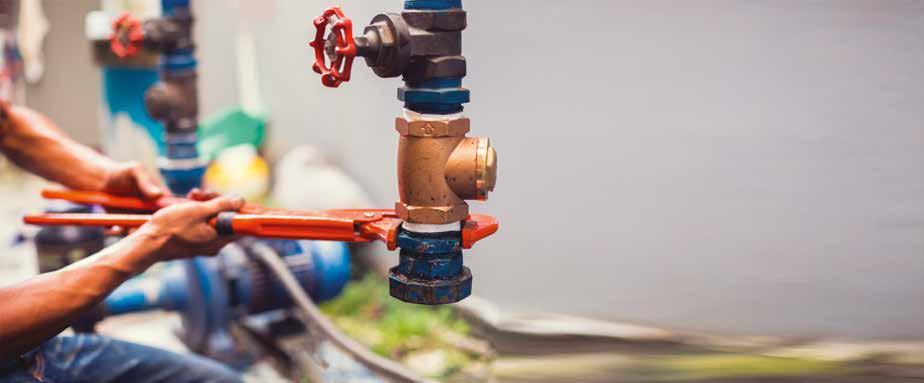
2 minute read
Tax deductions for meal expenses
How to maximise tax savings while keeping your employees well fed and watered.
AUTHOR: BRETT CROMBIE
For both self-employed plumbers and companies with employees, the question of which meal expenses are tax deductible can seem a bit of a grey area. The fact that Inland Revenue has just issued a 37-page Interpretation Statement (PUB00361) on the topic suggests that it too sees meal expense deductions as a complex area of tax law.
In this article, I aim to give readers some guidance about what can and can’t be claimed as a tax-deductible meal expense, noting that every situation will depend on the particular facts.
The ‘Private limitation’
Starting with the bad news… There is an income tax rule that denies self-employed business operators a tax deduction for any expenses of a private or domestic nature. Meals tend to fit this category—the reason being that people need food whether or not they are operating a business.
Exception to the rule
Despite the ‘Private limitation’, case law has shown that there is one exceptional situation where meals are indeed deductible for self-employed people. This is the where the business activity requires extra meal costs beyond what is normal.
For example, let’s say you are self-employed and have a plumbing contract in a rural part of Central Otago. There is no supermarket near the work site but there is a flash winery down the road that does lunches, making it your only option for lunch. If the lunch costs you $30 compared to your normal lunch spend of $10, then the ‘extra’ expense of $20 is tax deductible.
Employee allowances
Tax law is rather more generous when it comes to allowing businesses deductions for employees’ meal costs. Payments or allowances for overtime meals, work-related events such as training courses, or working away from the usual workplace, are all generally tax deductible to the employer. From the employee’s point of view, these allowances and payments are ‘exempt income’, so no tax is payable on them.
Example
Top Tap Ltd’s employee Tom has a day with four plumbing jobs lined up around Auckland, all of them a fair distance from Top Tap’s base in Manukau, so he’ll have no chance to call back to base for coffee. In this case, a reasonable tax-free daily allowance (IR uses $15 as a guide) to cover the cost of buying light refreshments while working away from base could be paid. The allowance would be tax free to Tom and tax deductible to the business.
Maximising the benefits
There is good reason to understand the tax law around allowances. If applied correctly, there are clear tax advantages for both business owners and employees. Beware, though, that it is an area of expenditure that Inland Revenue is likely to look at during a tax audit. The best solution is to ask your accountant to help develop a clear business policy around meal allowances that aligns with tax law.
About the author: Brett Crombie is a Chartered Accountant, qualified lawyer and former Inland Revenue tax investigator. He is the owner of Straightedge Accounting, which provides tax, accounting and business advisory services. Contact Brett on 021 301 022 or email brett.crombie@straightedge.nz










